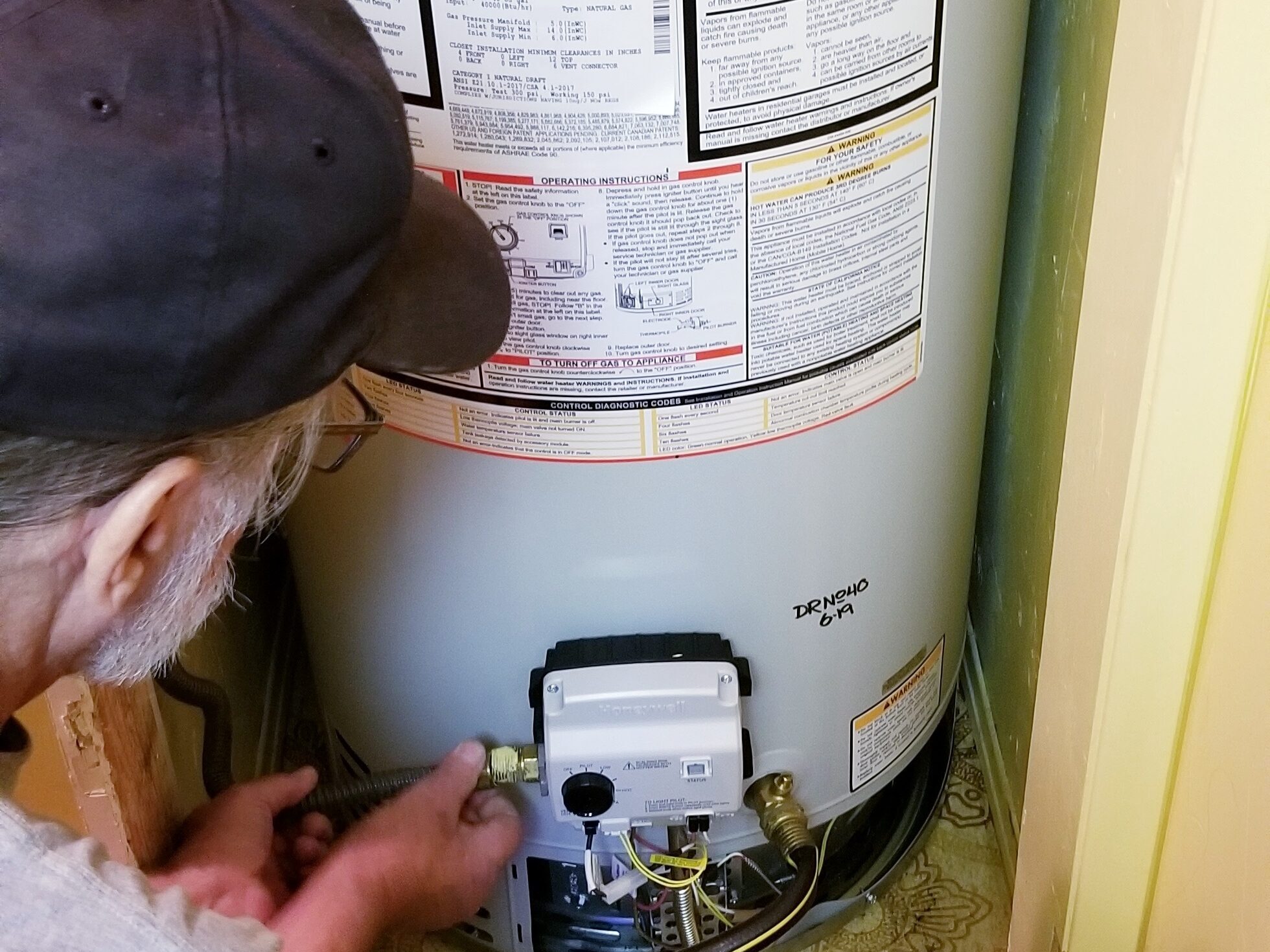Common Water Heater Problems and How to Fix Them?
- Home
- Common Water Heater Problems and How to Fix Them?
Recent Posts
- Main Water Line Leak: Symptoms, Detection & Repair Guide
- Repairs for Water Leaks With Pressure: 6 Fast & Reliable Fixes
- How to Fix a Loose Faucet Handle in 3 Easy Steps (DIY Guide)
- Kitchen Sink Leaking Underneath? Here’s How to Fix It Fast
- Understanding Texas Water Quality and Hardness Levels By Cities and Zip Code
Dinomite Services
Water heater issues can throw off your daily schedule, leaving you with chilly showers and an urgent need for fixes. We will examine the most frequent issues with water heaters in this comprehensive guide and offer helpful solutions. This will guarantee a prompt and effective restoration of your hot water supply.
Inadequate Hot Water Supply
Not getting enough hot water is the most annoying water heater problem. A mismatch between the capacity of the water heater and the hot water demands of the family is typically the cause of this issue. In order to address this, first make sure that no more than the heater’s capacity is being used concurrently. Consider getting a bigger tank or a tankless water heater that heats water only when needed if your current water heater is too small.
Problems with Water Temperature
The thermostat may not be adjusted correctly if your water is either too hot or too cold. The appropriate temperature range for most homes is 120°F to 140°F. Keep an eye on the water’s temperature and adjust the thermostat to your favorite setting. If the problem persists after making modifications, the thermostat can be broken and need to be replaced.
Discolored Water or Unpleasant Odor
Bacterial development or internal tank corrosion may be indicated by rusty water or an odor similar to rotten eggs. Flush the tank to get rid of germs and sediment in order to address these common heater problems. To stop more problems with the water heater, it could be necessary to replace the rusted tank.
Water Leakage
One major issue with water heaters that may cause a lot of harm is leaks. Inspect the tank itself, the temperature and pressure relief valve, and the fittings for leaks. If the connections are tightened, small leaks could be fixed. But if the tank is leaking, it’s probably because of internal corrosion, which means the water heater has to be replaced. Professional plumbers and water heater technicians help ensures that these issues are diagnosed correctly and fixed safely, especially when dealing with internal components or significant leaks.
Strange Noises
Sediment accumulation is usually the source of loud noises from your water heater, such as pounding, cracking, or rumbling. This might result in increased heating expenses and decreased efficiency in addition to noise. The sediment may be removed from the tank by flushing and draining it. After flushing, if the noise continues, there might be other common heater problems, including a broken heating element.
Pilot Light Issues (For Gas Water Heaters)
A malfunctioning thermocouple or a blocked pilot orifice may be the cause of a pilot light that goes out regularly. This problem is usually fixable by cleaning the pilot orifice and inspecting the thermocouple. But if the pilot light still doesn’t remain on, you may need to replace the thermocouple or the pilot assembly altogether.
Heating Element Failures (For Electric Water Heaters)
For electric types, a common cause of water heater problems is a faulty heating element. Your heart’s capacity to heat water will be impacted by this. Use a multimeter to test the components and replace any that show signs of fault. To prevent electrical dangers, make sure the water heater’s electricity is off before trying any repairs.
High-Pressure Issues
Your water heater and plumbing system may be under stress if your water pressure feels excessively high, which might result in typical water heater issues. If the water pressure is more than 80 psi, install a pressure-reducing valve. As a crucial safety element, check the temperature and pressure relief valve to make certain it is operating correctly.
Thermostat Failures
A broken thermostat is a typical problem with both gas and electric water heaters; resulting in inconsistent water temperatures. To maintain constant hot water temperatures, the thermostat may need to be changed if altering it doesn’t resolve the temperature problems.
Anode Rod Impairment
Your tank is protected from corrosion by the anode rod, and if it fails, the tank may corrode more quickly. Every year, check the anode rod and replace it if there is more than 6 inches of exposed core steel wire or if there is a significant calcium coating on it. You may greatly increase the lifespan of your water heater by replacing the anode rod on a regular basis.
When to Call a Professional for Your Water Heater Troubles

Although handling common water heater problems might be difficult, most issues can be fixed without the need to hire a professional if you have the correct information and resources. Performing routine maintenance, including cleaning the tank and inspecting the anode rod, may stop many issues with water heaters before they get worse. However, if things are becoming worse over time, it could be time to speak with a Dinomite Services plumber.
We are able to do more intricate repairs or provide the best recommendation for a replacement.

